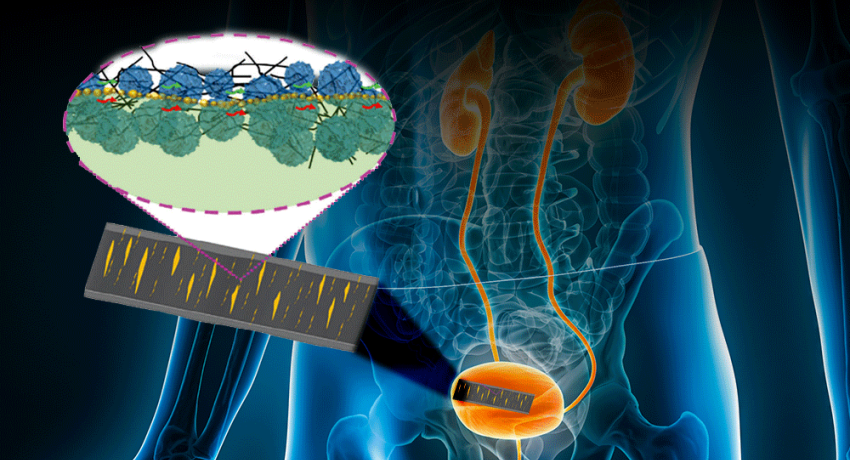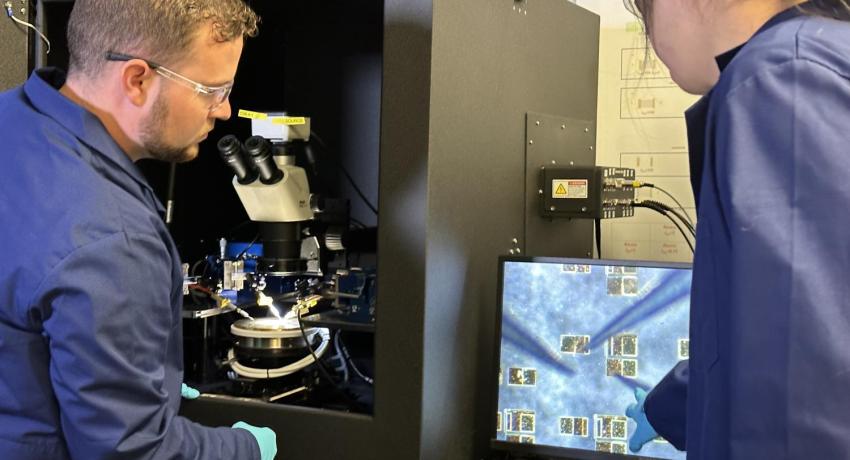Skin-like sensor monitors internal, external body movement, electrical signals
By Jamie Oberdick
A new skin-like sensor developed by an international team led by researchers at Penn State could help doctors monitor vital signs more accurately, track healing after surgery and even help patients with bladder control issues.
The sensor, which can be worn on the skin or implanted inside the body, can measure both physical movement and electrical signals. It is made from soft, stretchable materials that mimic human skin and is designed to work for long periods of time without losing performance.
Penn State and Taipei Tech launch 2025 collaborative seed grant program
The Materials Research Institute, Penn State Global and the National Taipei University of Technology (NTUT) have announced the 2025 Collaborative Seed Grant Program to support joint research projects in materials science and engineering. This initiative is designed to spark new international partnerships between faculty at both institutions, with a focus on high-risk, high-reward research in areas such as functional polymer composites, additive manufacturing, sustainable processes and recycling, materials-enabled thermal management, and quantum packaging.
Digby Macdonald, Penn State professor emeritus, dies at 82
Pioneer in corrosion science and electrochemistry remembered for groundbreaking research and global mentorship
By Jamie Oberdick




